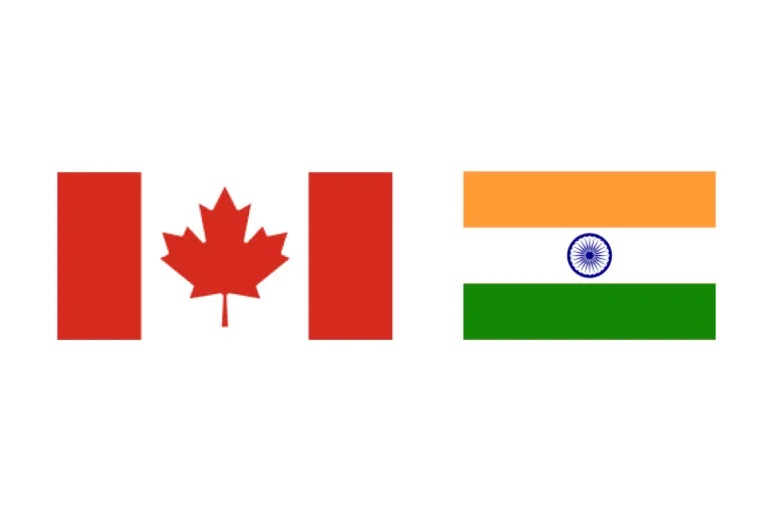India-Canada row: Sweden’s Kurds and the Khalistanis of Canada
Turkey sold out. It swallowed its outrage about Sweden's vocal Kurds in exchange for F-16s. India's outrage may not be so easily assuaged

Until Tuesday, September 26, the closest parallel to the India-Canada spat may have been Turkey-Sweden. In the sense that India, just like Turkey, was cross with Canada (in Turkey’s case, with Sweden) for allowing free rein to people it regarded as “terrorists”.
Months ago, Turkey’s President Recep Tayyip Erdogan got the hump over Sweden’s support to Kurdish fighter groups and what Turkey calls the “Fethullah Terror Organisation”. The Fethullah Terror Organisation, incidentally, is accused by Ankara of engineering (and failing to pull off) a 2016 coup that took hundreds of lives. In high dudgeon, Turkey proceeded to hold up Sweden’s application to join Nato and badmouthed Stockholm in every forum it could.
Until September 26, the curtain hadn’t come down on that drama, with Mr Erdogan telling anyone who would listen while visiting New York for the UN General Assembly (UNGA) that Turkey’s parliament just wasn’t ready to ratify Sweden’s Nato accession protocol. He also shook his head at the continuing presence on the streets of Stockholm of “terrorists” and noted that this remained the case despite Sweden’s recent amendments to its constitution and its new, improved “counterterrorism” processes.
Then, on September 26, Mr Erdogan said the Turkish parliament would ratify Sweden’s Nato bid after all, so long as US President Joe Biden’s administration paved the way for F-16 jet sales to Ankara. He added that his foreign minister, Hakan Fidan, had discussed the Sweden’s Nato application with US Secretary of State Antony Blinken on the UNGA’s sidelines.
In other words, Turkey sold out. It swallowed its outrage in exchange for F-16s. (Some say that was Mr Erdogan’s game plan all along.)
Chances are India’s outrage may not dissipate so easily. It’s seething at being publicly accused by Canada’s Prime Minister Justin Trudeau of bumping off a Sikh separatist Canadian national in British Columbia. And then there is its longstanding grievance about the leeway given to separatist Sikh activists in Canada. It sees this as “anti-India” activities. Canada says that’s protected speech.
So are Sweden’s Kurds really the equivalent of Canada’s Khalistani Sikhs? Only in that they’re ploughing an activist political cause against their home country, from their host country. And that Narendra Modi’s India, just like Erdogan’s Turkey, bristles at the protections extended by Western countries to political dissidents and active supporters of separatism, some of it militant.
It’s worth acknowledging that the rights and wrongs of the Sikhs’ case and the Canadian charge against the Indian government are heavily contested in some quarters. More certain is this: I’m not sure India would back down against Canada without sustained application of large amounts of emollient. What form that would take remains unclear, as of now.
Also read:

